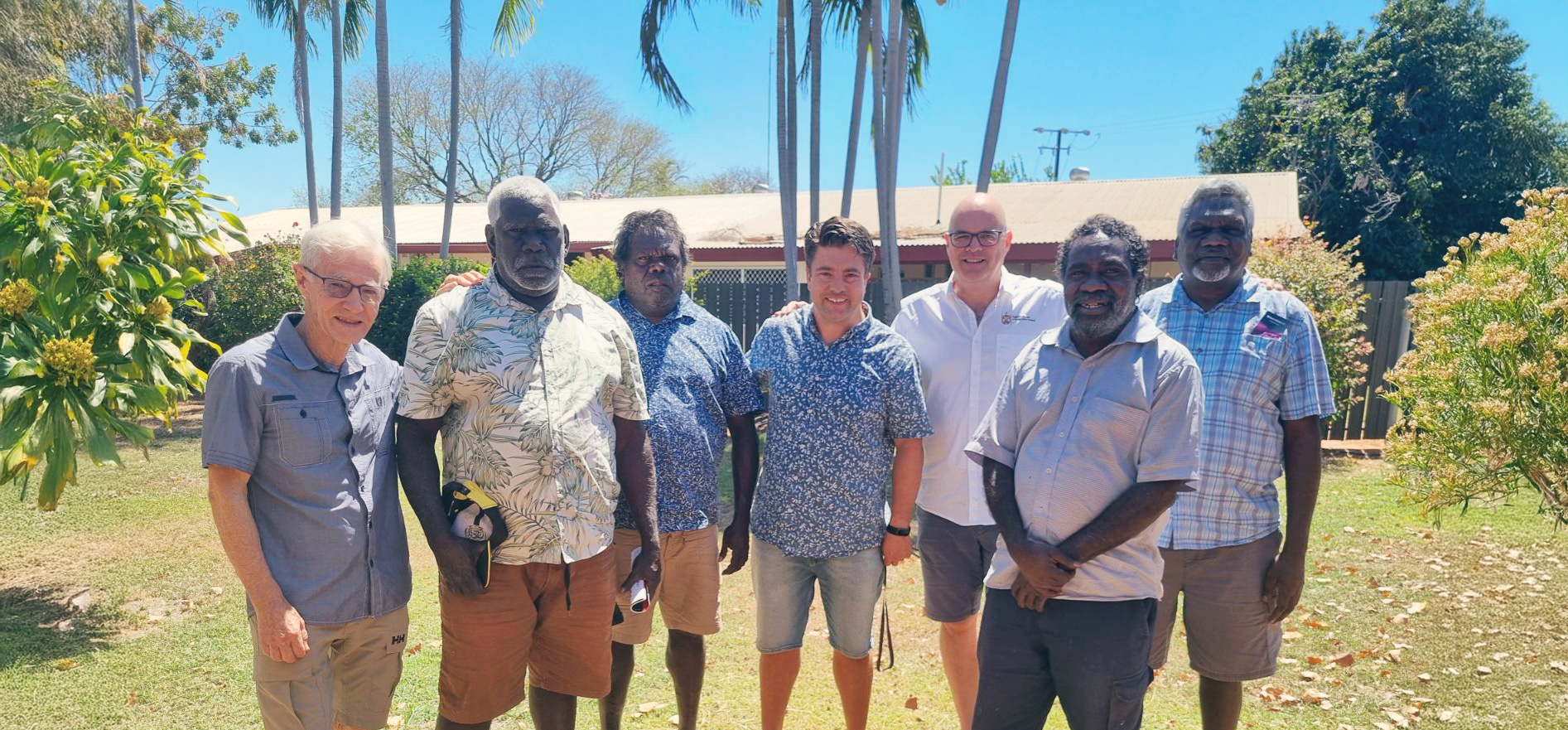Celebrating the uniqueness of Christ – Easter in Toraja
CMS missionaries Andrew Buchanan and Abi Tandiseru serve in theological education and church-based ministries in Toraja, Indonesia. They share what Easter is like in their location.
The Easter season celebrates the turning point in God’s plan of salvation, as Jesus takes on himself the sin of the world and then conquers the great enemy, death. In the Church of Toraja, its unique significance is marked by rituals that are also unique, performed just once a year. The preceding period of Lent is marked chiefly by Bible readings that seek to convey the significance of following a crucified Messiah. However, the climax is from the Thursday evening through to Easter Sunday, with Good Friday recognised as a national holiday.
Humility and reconciliation at Easter
The Easter weekend begins with an evening service on what is termed ‘White Thursday’. In recent times many churches have incorporated foot-washing into this service. When Jesus commanded his disciples to wash each other’s feet (in John 13, the set passage for this service), we take it that his point was our attitude of humility and service towards each other. However, in the context of Toraja, the action of washing each other’s feet has a powerful effect.
Andrew has led White Thursday services in several different places and taken part in others. In every case, by the end of the foot-washing, many were in tears and reconciling with others. Maintaining harmony is very important in this culture. This can often mean guarding the feelings of those of higher status at the expense of one’s own. Having the minister, elders, parents, or others of status washing one’s feet is a concrete and difficult-to-fake expression of humility that expresses love and dissolves resentments.
“Well before dawn they arise, light torches, and parade through the town or village proclaiming that Jesus is risen.”
In his sermon (given before the foot-washing occurs), Andrew draws the fundamental connection with Jesus’ humble and loving sacrifice for us and describes the ritual itself as training in the attitudes that Jesus calls us to display in response.
Unique practices reflect uniqueness of Christ
Good Friday services often seek to capture the pathos of Jesus’ death with some kind of drama and take the opportunity for extended confession of sin. Easter Saturday is called ‘Quiet (or ‘lonely’) Saturday’ and is marked by a Saturday evening service. It is not necessarily quiet, though.
In our church (and many others), all the Sunday school children come to the Saturday service and then stay overnight at the church. Well before dawn they arise, light torches, and parade through the town or village proclaiming, “Jesus is risen!” They then meet back at the church for a dawn Easter service with all the adults.
In various ways, then, the unique significance of Jesus’ death and resurrection is marked by unique rituals. This provides a context for the preaching that proclaims it and explains it. So, for example, as the minister preaches about the resurrection (this year from John 20:11-18 about Mary meeting the risen Jesus), the congregation have already affirmed with their bodies its unique importance. Please pray that these rich celebrations will soften hearts and strengthen faith.
PRAY
Pray for the Church of Toraja as it celebrates, and bears witness to, the death and resurrection of Jesus. Ask God to bless their time together, so that outsiders might be drawn to Jesus through the love of the Christian community.












































































































